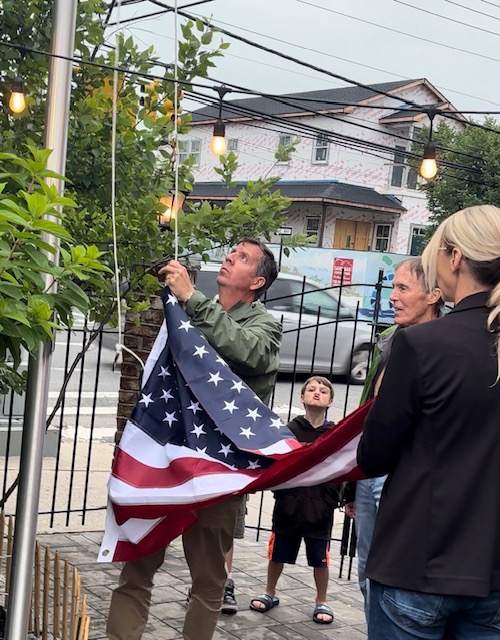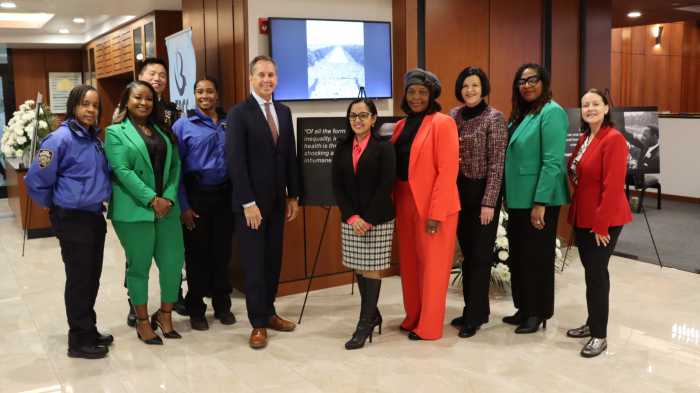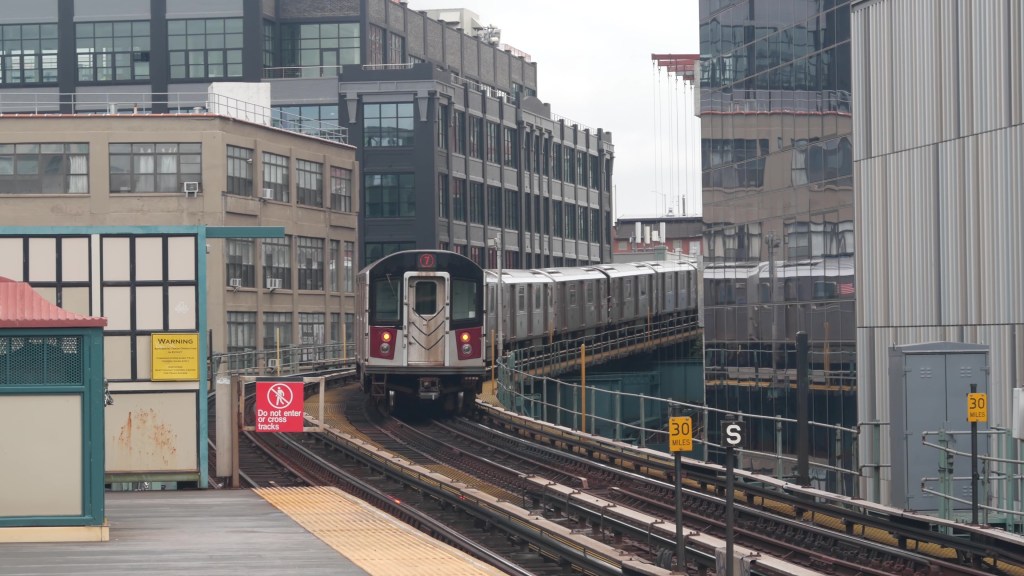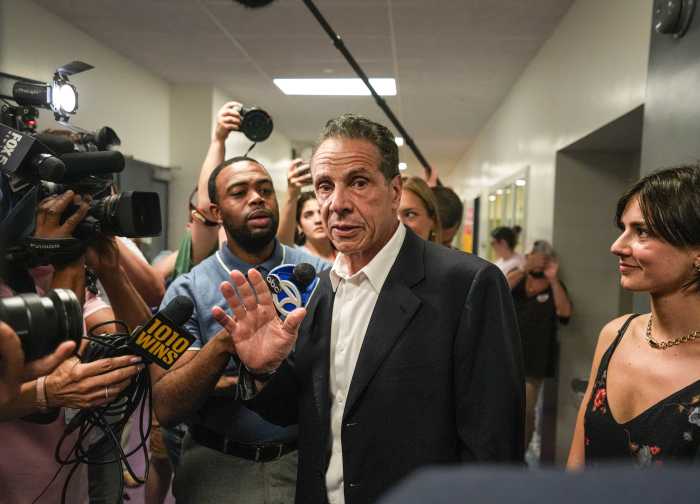A bill allowing a natural gas pipeline to be constructed in Queens and Brooklyn has been signed into law by President Barack Obama.
The New York City Natural Gas Supply Enhancement Act, passed on November 27, authorizes Secretary of the Interior Ken Salazar to issue permits to build and operate a three-mile pipeline underneath Jacob Riis Park and Jamaica Bay in the Rockaways to Floyd Bennett Field in Brooklyn.
The measure is expected to bring clean energy to the city, while creating 300 local construction jobs and generating about $265 million in construction activity, officials said.
“Given the destruction of Hurricane Sandy, this law could not come at a more critical time for New York City,” Mayor Michael Bloomberg said. “This pipeline will help us build a stable, clean energy future for New Yorkers and will ensure the reliability of the city’s future energy needs.”
The new pipeline will be built off the existing Williams pipeline — which brings natural gas from New Jersey to Long Island —- along a planned route through the Gateway National Recreation Area that avoids residential, commercial and environmentally sensitive areas, said Congressmember Michael Grimm.
“At a time when many in [the city] have suffered such great loss, this is welcomed news as we seek to rebuild our local economy and our communities,” Grimm said.
But the pipeline is not “green,” according to activists against the measure, who say it carries a carbon footprint and several environmental hazards, including the risk of possible explosions.
“This is reckless,” said Peter Rugh, spokesperson for Occupy Wall Street Environmental Solidarity. “The area where the pipeline is going through has been decimated by rising tides and flood waters. [Residents] are rebuilding, and they want to rebuild in a green fashion and not with a mega gas pipeline.”
Dan Hendrick, spokesperson for the New York League of Conservation Voters, said the pipeline comes with both positive and negative aspects.
Construction would cause short-term environmental disturbances to the sea floor, Hendrick said, temporarily affecting the “robust” marine ecology of some 100 types of fish and crabs. The potential loss of public parkland use at Floyd Bennett Field has also been at the root of controversy, he said.
But the city would be moving toward a future of natural gas, Hendrick said, which burns cleaner and emits less pollutants.
“Clearly there are some negatives, but there are definitely some positives,” Hendrick said, “and that’s sort of what makes this challenging.”





































